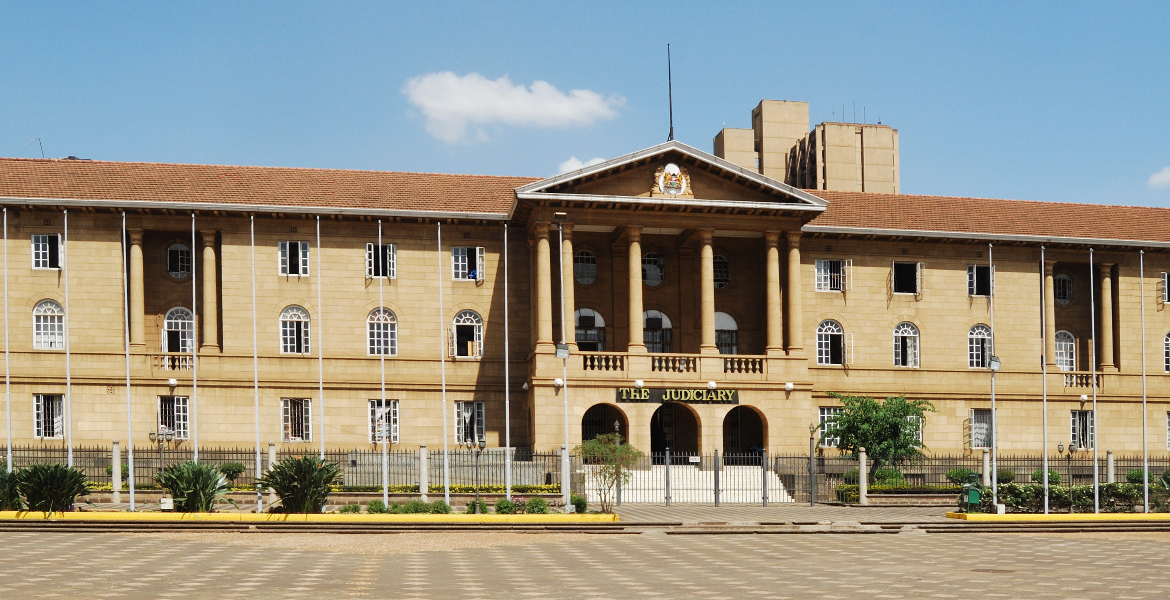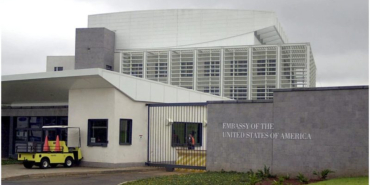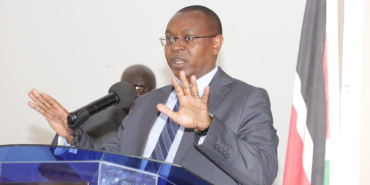Kenya’s Supreme Court to Rule on Petition Seeking 2026 Presidential Election

The Supreme Court of Kenya is poised to deliver a landmark ruling on a politically charged petition challenging the constitutionality of the current presidential term.
This decision could significantly alter the country's electoral timetable. The case, brought forward by three Kenyan citizens, questions whether the next presidential election should be held in August 2026 or adhere to the conventionally expected date in 2027. The core of the dispute revolves around the interpretation of constitutional provisions governing election cycles and presidential terms. The petitioners argue that President William Ruto's term, which began in August 2022, should conclude after four years, mandating an election in August 2026.
However, Attorney-General Dorcas Oduor has vehemently opposed the petition, dismissing the petitioners' interpretation as flawed and potentially destabilising to Kenya's political framework. Oduor contends that the constitution clearly stipulates a five-year presidential term, positioning the next election in 2027. In a formal legal objection submitted to the Supreme Court, she labelled the petition an abuse of judicial process, accusing it of attempting to manipulate constitutional provisions for political gain rather than addressing a legitimate legal concern.
The implications of the Supreme Court's decision extend far beyond the immediate timing of the next election. A ruling in favour of the petitioners could trigger a rapid reshaping of electoral dynamics, forcing political parties to accelerate their preparations for an election sooner than anticipated. Such a shift would necessitate swift adjustments to campaign strategies, policy formulation, and overall political planning. Conversely, if the court sides with the Attorney-General, it would reaffirm the established constitutional interpretation, providing clarity and stability to the nation's political calendar.
Dr. Willis Otieno, representing the petitioners, insists that Kenya must maintain consistency with its electoral cycle, arguing that extending the president's term beyond 2026 would violate the spirit of democratic governance. Otieno maintains that the petition aims to uphold rather than subvert the constitution. Historically, the judiciary has played a crucial role in resolving electoral disputes, and this case presents another significant test of its ability to impartially adjudicate matters with substantial political consequences.








Add new comment